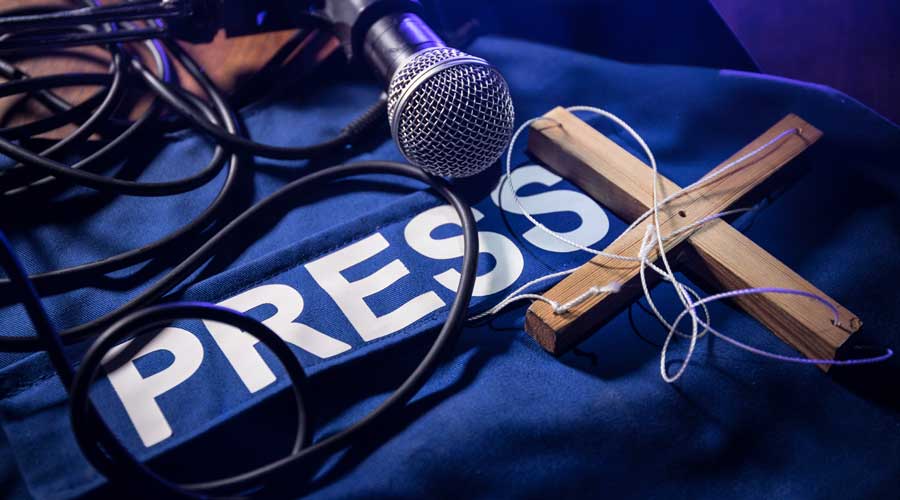The Editors Guild of India on Friday wrote to the presiding officers of the two Houses of Parliament to restore the unrestricted access to cover parliamentary proceedings that journalists had since Independence, including “during Emergency” when the Indira Gandhi government had invoked press censorship.
Apart from raising the issue of restricted access to the press galleries since the beginning of the pandemic, the Guild has also flagged the suspension of the Central Hall pass of senior journalists and the non-constitution of the press advisory committee of the Lok Sabha for three years.
In the letter to Rajya Sabha chairman Jagdeep Dhankhar, the Guild said: “The limited access during Covid-19 protocols could be appreciated but bringing back restrictions at a time when India remains in the forefront of maximum vaccination coverage remains unexplained and especially when life is near normal in every other sphere of activity.”
Rajya Sabha re-introduced the restrictions in the budget session after relaxing them for the winter session, the first chaired by Dhankhar who became Vice-President in August 2022.
“As you are aware, journalists from print and electronic medium have been given access to cover the proceedings of the Parliament since the first session in May 1952, with the objective of keeping the citizens abreast with the work of the elected representatives, developments inside the House, and the dynamics outside. This is vital in a parliamentary democracy. Seniors recall that even during the Emergency period, members of press who could not get accreditation from the Press Information Bureau for some reasons, were not denied the facility to cover the proceedings,’’ the Guild said in the two letters.
Pointing out that Central Hall access is given to accredited journalists after a minimum of 10 years of covering legislative proceedings, with the understanding that informal discussions within its precincts are not reported, the letters recall how an earlier effort in 1956 to dissociate journalists from the facility had been quashed by the then Lok Sabha Speaker himself.
The Guild quoted the Speaker’s observation back then: “Central Hall facility helps the journalists in having close discussions with ministers and the members with a view to know the real and comparatively better background of things than studying from the Press Gallery. The freedom of expression thus keeps the public outside informed not only about the plans of the government but also the considerations and the motives which prompt it to embark upon such plans… a close contact between the press and the legislature is essential for keeping the public well informed and perhaps not advisable to abolish Central Hall facilities.’’
The letter to the Lok Sabha Speaker dwells at length on the consequences of the delay in the reconstitution of the Press Advisory Committee, which was founded in 1929 under the guidance of the president of the first elected Legislative Assembly, Vithalbhai Patel.
The suspension of “temporary and visiting journalist passes” for two years has put the young members of the media fraternity at a great disadvantage, it said.
“The process allows youngsters to acquaint themselves with the procedures and processes and pick up nuances under the guidance of seniors. It is only after a specified period of coverage that media persons qualify to apply for a permanent pass,’’ the Guild said.
“That such a practice was stopped when Parliament completed 70th year of its existence narrates its own story,’’ it added.











